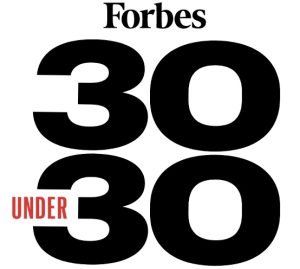Introduction: Protein is a fundamental nutrient that plays a crucial role in maintaining overall health and well-being. From supporting muscle growth to aiding in essential bodily functions, protein is the building block of life. However, determining the appropriate daily protein intake can be a bit complex, as it varies based on individual factors such as age, physical activity levels, and specific health goals. In this comprehensive guide, we will delve into the different aspects of protein consumption, helping you understand how much protein you need daily, whether you’re looking to lose weight, build muscle, or simply maintain a balanced diet.
- Understanding the Basics of Protein: Proteins are made up of amino acids, which are essential for repairing tissues, producing enzymes, and supporting various bodily functions. They are categorized into complete and incomplete proteins, each serving a different purpose in the body. Complete proteins contain all nine essential amino acids, while incomplete proteins lack one or more of these essential building blocks. By incorporating a variety of protein sources into your diet, you can ensure you get the full spectrum of amino acids necessary for optimal health.
- Recommended Daily Protein Intake: The recommended daily protein intake varies depending on age, gender, and activity level. Generally, the average adult needs about 0.8 grams of protein per kilogram of body weight. However, athletes, pregnant or breastfeeding women, and older adults may require higher amounts to support their unique needs. By calculating your protein needs based on your individual circumstances, you can optimize your diet for better health.
- Protein for Weight Loss: Protein can be a valuable ally in your weight loss journey. High-protein diets have been shown to promote satiety, reduce hunger, and preserve lean muscle mass during weight loss. Learn how to calculate the ideal protein intake for weight loss and discover protein-rich foods that can help you achieve your goals.
- Protein for Muscle Building: For fitness enthusiasts and athletes aiming to build muscle, protein intake becomes even more critical. Protein is essential for muscle repair and growth, especially after intense workouts. Discover the ideal protein intake for muscle building and explore various protein sources that can support your fitness endeavors.
- Protein-Rich Foods: Protein can be found in a wide array of foods, both from animal and plant sources. Learn about complete proteins found in animal products like meat, fish, eggs, and dairy, as well as incomplete proteins present in legumes, nuts, seeds, and whole grains. A balanced diet that incorporates a diverse range of protein-rich foods can ensure you get all the essential amino acids your body needs.
- Can You Have Too Much Protein? While protein is essential for health, excessive protein consumption can have potential side effects. Find out if it’s possible to have too much protein, the risks associated with excessive intake, and how to strike a balance in your diet.
Conclusion: Protein is an indispensable nutrient that should be a cornerstone of a healthy diet. By understanding your unique protein needs based on factors like age, activity level, and health goals, you can create a diet plan that optimizes your well-being. Whether you’re aiming to lose weight, build muscle, or simply maintain good health, protein plays a central role in supporting your body’s functions and overall vitality. With the knowledge gained from this guide, you can make informed choices about protein intake and enjoy the benefits of a balanced and nutritious diet.
Read More: ‘Banging’ Noises Heard During Desperate Search for Missing Titanic Sub: Could the Crew Be Alive?
























